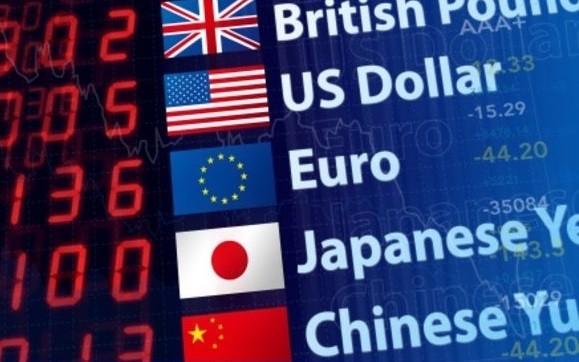Dollar dips vs yen after BOJ’s Kuroda disappoints easing bets

LONDON : The dollar fell against the yen on Monday, after the head of the Bank of Japan disappointed those investors who had expected a clear signal that monetary policy would be eased further this month.
The greenback hit a five-week high on Friday as markets bet that the U.S. Federal Reserve was still likely to raise interest rates in the coming months, despite disappointing U.S. jobs numbers.
But having gained more than 4 percent against the Japanese currency in six days, the dollar stalled on Monday, slipping more than 0.8 percent as markets digested BOJ Governor Haruhiko Kuroda’s comments, to 103.15 yen.
Though Kuroda signaled his readiness to further expand an already massive stimulus programme, he did not provide the explicit hints that some had been waiting for on the chances of the BOJ aggressively easing policy at its next review on Sept. 20-21.
From Zurich, UBS’s head of currency strategy Constantin Bolz said the factors that had driven the yen higher – namely growing expectations of a Fed hike in September and bets on imminent further BOJ easing – had faded somewhat, but that a fall-back was not surprising given the rapidity of the move.
“We shouldn’t forget that we were at 100 yen ten days ago,” Bolz said.
“The (U.S.) labor market wasn’t great … so that took out a bit of steam from the dollar side, and then Kuroda didn’t say anything too clear about further easing at the end of September and so now markets have to level out their bets a little bit.”
Data from the U.S. Commodity Futures Trading Commission released on Friday showed that currency speculators increased their bets on the yen in the week ending Aug. 30, but had cut their long U.S. dollar bets to an 8-week low.
The dollar index, which measures the greenback against a basket of six major currencies .DXY, stood at 95.700, managing to stay above a one-week low of 95.189 set on Friday just after the U.S. payrolls data.
Nonfarm payrolls rose by 151,000 jobs last month, below the 180,000 jobs that economists had expected.
“The key test was always going to be last Friday’s jobs report and the data has, perhaps just about, kept September alive as a possibility for a rate increase,” wrote Bank of Tokyo-Mitsubishi UFJ currency strategists in a note to clients.
Markets are now pricing in just over a 1 in 5 chance that U.S. rates will be increased in September, and a just over 50 percent chance that they will be hiked by the end of the year – down from around a 55 percent chance priced in last week before the jobs data, according to CME FedWatch.
Sterling hit a seven-week high after a monthly purchasing managers’ index (PMI) survey of Britain’s dominant services sector rebounded, with a record jump.

